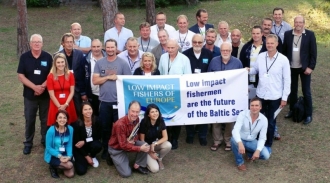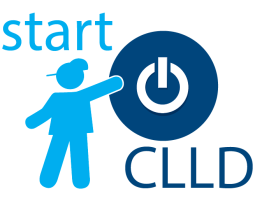| If the message is not displayed correctly, please view it under this link. |

September 2015
|
|
|||||||||||||||||||||||||||||||||||||

A new LIFE for Low-impact fishers of EuropeThe first Baltic workshop of the Low-Impact Fishers of Europe (LIFE) platform took place in Ustka(Poland) on August 29th.
During the two-day meeting, participants agreed on a framework for a
more organised cooperation in the Baltic and looked at different market
opportunities for low impact fishers, such as direct sales and short
chain distribution circuits. The meeting brought together around 35 participants, including small-scale fishermen, FLAGs and NGOs from Germany, Sweden, Poland and Denmark. Henrik Andersson, a member of the Stockholm FLAG (Sweden) showcased the Axis 4 Stockholm fiskmarket project, explaining its different development phases and the role played by the FLAG and fishermen in the success of the project. Other project examples such as the Oresund Community Supported Fishery and a selection of FARNET best practices were also presented to illustrate new routes to market and new ways to add value to locally caught fish. The meeting concluded with the adoption of a Common Statement. The LIFE platform is planning two more workshops dedicated to low impact fishing in the Atlantic and Mediterranean basins. 


|
|
||||||||||||||||||||||||||||||||||||
|
||||||||||||||||||||||||
|
||||||||||||||||||||||||
 |
|
Editor : European Commission,
Directorate-General
for Maritime Affairs and Fisheries, Director-General. Disclaimer : Whilst the Directorate-General for Maritime Affairs and Fisheries is responsible for the overall production of this newsletter, it is not responsible for the accuracy, content or views expressed within particular articles. The European Commission has not, save where otherwise stated, adopted or in any way approved any view appearing in this publication and statements should not be relied upon as statements of the Commission’s or the Directorate-General for Maritime Affairs and Fisheries’ views. The European Commission does not guarantee the accuracy of the data included in this publication, nor does the European Commission or any person acting on its behalf accept responsibility for any use made thereof |
 First 2014-2020 FLAGs approved and more coming!
First 2014-2020 FLAGs approved and more coming!













